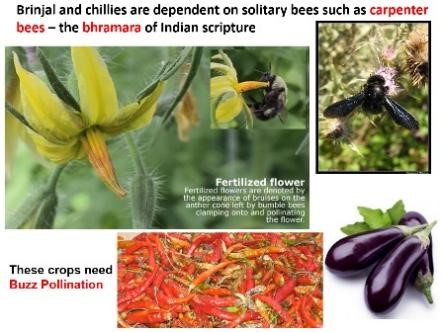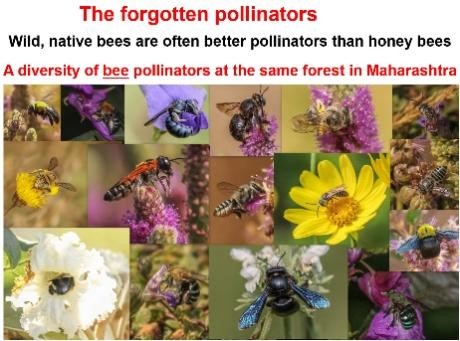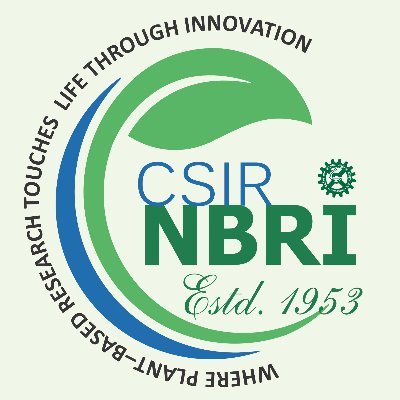WORLD ENVIRONMENT DAY CELEBRATION 2022
WORLD ENVIRONMENT DAY CELEBRATION AT CSIR
A public lecture by National Chair of IUBS in India from INSA, Prof. Renee Borges, FNA from Indian Institute of Science, Bangalore, was organised by ISEB in collaboration with CSIR-NBRI for students, research scholars and scientists on ‘World Environment Day 2022’. Prof. Borges spoke on the topic “Only One Earth: Musing on Sustainability”. She gave a very interesting lecture on pollinator activity in relation to climatic factors.
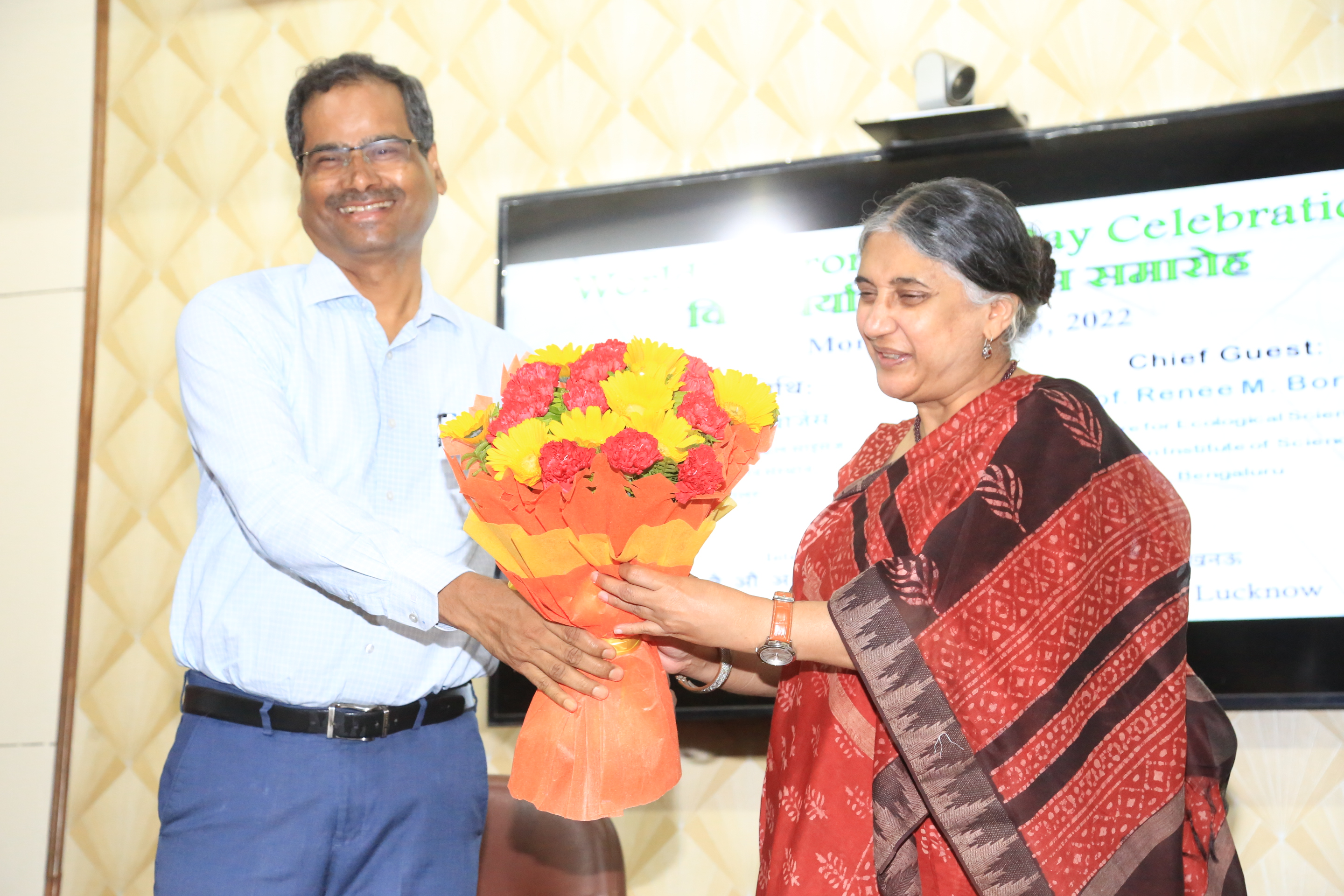
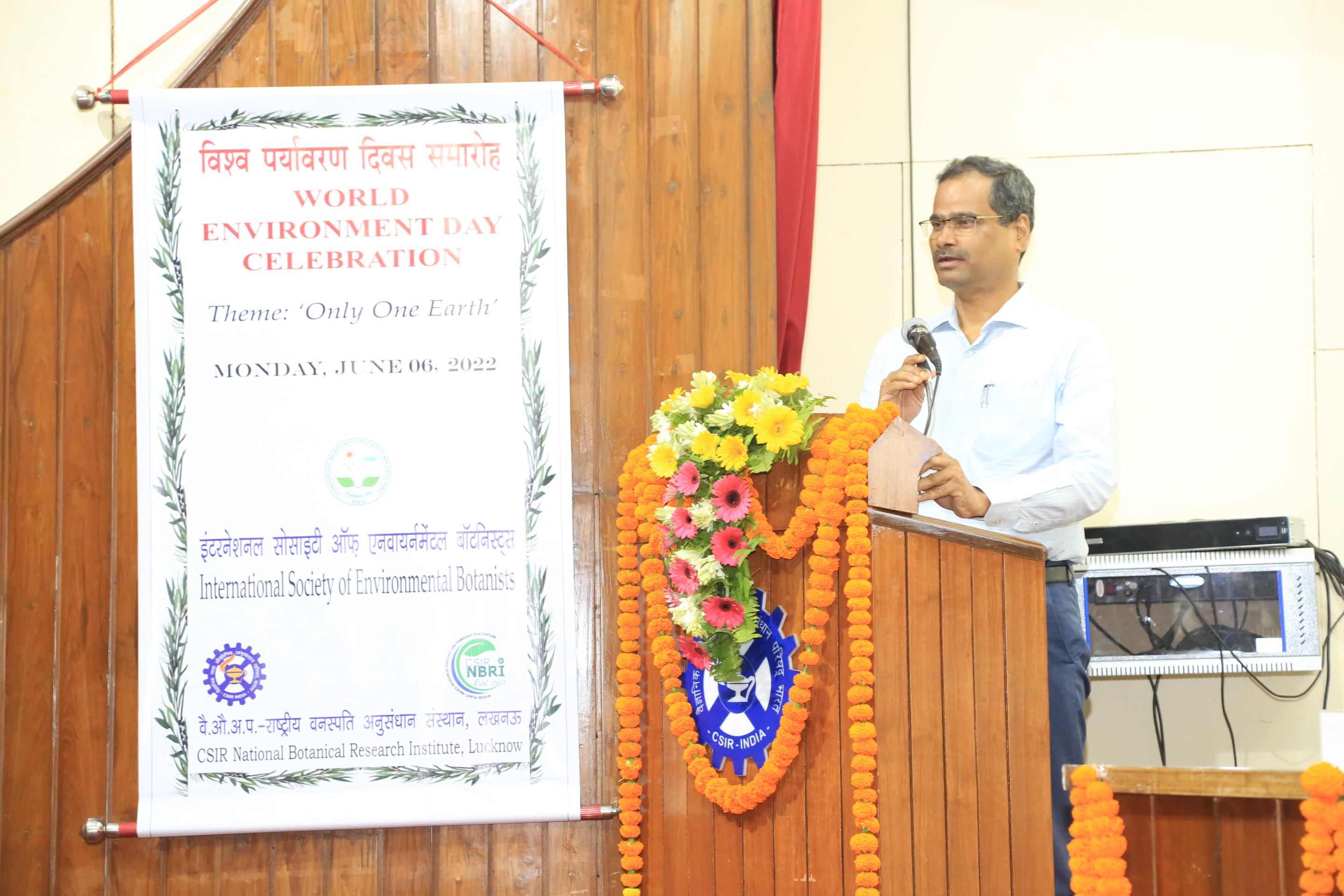
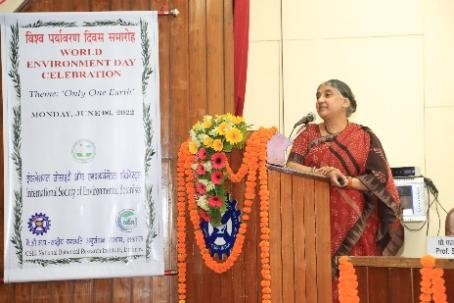
While welcoming the Chief Guest, Prof. SK Barik, Director, CSIR-NBRI discussed the importance of environment day and highlighted this year’s theme. He said that it’s important to ‘recognise what we’ve accomplished, conserve what we have, and replenish what has been lost’. He said that CSIR-NBRI has been doing research work on environmental remediation and improvement for many decades. He briefed the audience about the IUBS sponsored project entitled, “Environmental Education and Climate Change Adaptation: Science of Pollution-Tolerant and Climate Resilient Plants” and how this project aims to identify such plants which are pollution-tolerant and climate resilient for climate change adaptation at local level, as well as to enhance awareness on climate change adaptation strategies
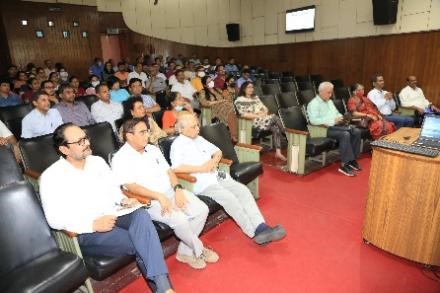
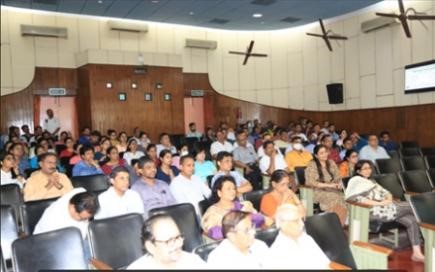
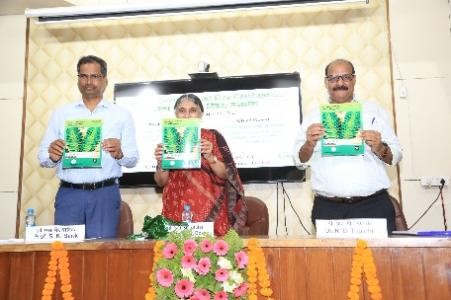
Prof. Borges while delivering her lecture on “Only One Earth: Musing on Sustainability” emphasized that human activities and climate change are not only affecting plants, animals and human beings but also the insect populations and their activities, including pollination, which is a crucial component of the ecosystem that affects the life cycle of the organism, fruit formation and quality. This reduces the yield of plants, particularly those used as food, resulting in a food crisis. She went on to say that different insects play different roles in plant pollination but due to human activities and climate change, the population of insects has begun to decline. Her major concern was the rising temperature which is an important variable affecting pollinator performance because most pollinators are poikilotherms.
Dr. R.D. Tripathi, Secretary ISEB and NASI Senior Scientist at CSIR-NBRI, proposed the vote of thanks.
